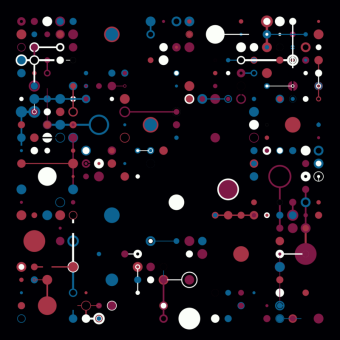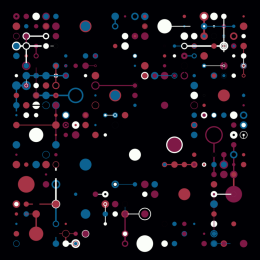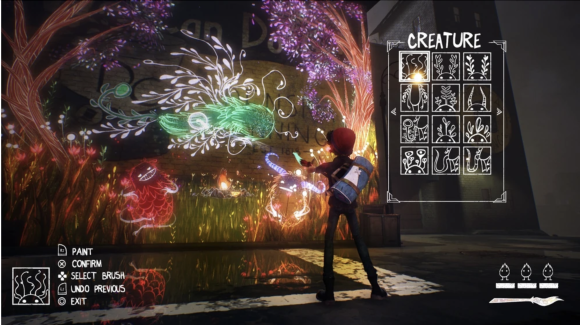
Seminar
Styles
Quantitative surveys. Social Science Toolkit
Wednesday 23 October 2024Wednesday 23 October 2024
From 3 to 6 PM
Image

ENS-PSL
45 rue d'Ulm
75005Paris
France
48.8418371, 2.3440403
Fourth session of the course "Enquêtes quantitatives. Boîte à outils pour sciences sociales", given by Théo Boulakia.
Testimonials, letters and diaries pile up all around you. You're overwhelmed by a mass of private writings. You have two options: pick and choose from this mass, quoting what you like, leaving aside what bothers you; or take it all in, without distinction, and let yourself be surprised. This session starts with an investigation into the experience of the First World War, through the correspondence of farmers, workers, teachers and writers. The question is simple: does the way in which war is written reflect the way in which it is lived? Can style be a window on experience? On a down-to-earth note: how do you turn a box of letters into a database? How do you automatically assign a grammatical class to each word in a text? How to characterize a writer's style using simple indicators? How can we organize the back-and-forth between immersed and remote reading? What graphic representations can be invented to stimulate interpretation?
Wednesday 23 October 2024



